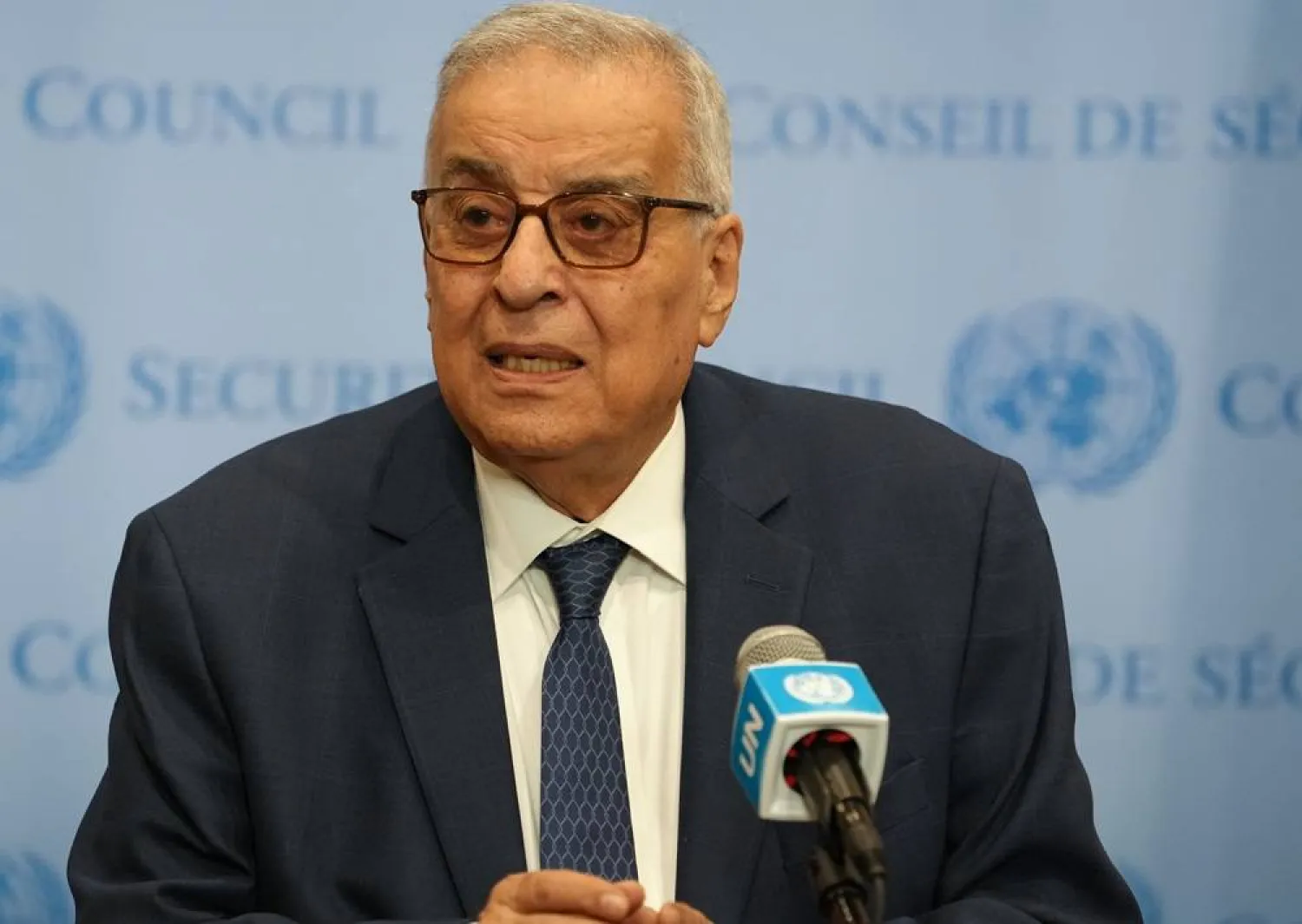Lebanon’s caretaker foreign minister is warning the UN Security Council that if it doesn’t condemn this week’s deadly explosions and name Israel as the perpetrator a “Pandora’s Box” will be opened, and governments and extremists will target and kill civilians with similar communications devices.
Abdallah Bou Habib accused Israel on Friday of terrorizing the entire Lebanese population on streets, in markets and their homes where exploding pagers, two-way radios and other electronic devices reportedly killed 37 people and injured more than 3,400 others.
He held up a photo of a mangled and bloodied hand, telling ambassadors from the 15 council nations: “Look at the ugliness of what has happened in this picture.”
Israel’s UN Ambassador Danny Danon criticized the Lebanese minister for not mentioning Hezbollah, which started launching near daily attacks against Israel from Lebanon the day after Hamas’ Oct. 7 attacks in southern Israel. Many victims of the explosions were its supporters.
The Lebanese people are “trapped in the grip of this terrorist organization,” Danon said.
Before the council meeting, he was asked by reporters about speculation Israel was behind the explosions. “We are not commenting on the specific attacks you mentioned, but I can tell you that we will do everything we will do everything we can to target those terrorists to minimize casualties for civilians,” he replied.
Bou Habib warned that without condemnation of Israel, other countries and extremists will use similar ordinary devices on trains, planes and elsewhere to terrorize civilians.









